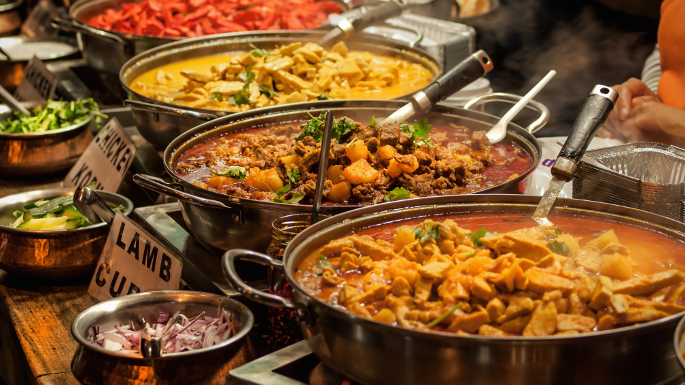Before you heat up the leftovers from last night, you might want to read this article first.
Reheating foods has been a way of life. Whether it’s the time for you to clean up your fridge, or you want to turn your leftovers from last night into a whole new meal (like those posts on Pinterest), our microwaves and oven are our handy kitchen companion.
However, research shows that reheating some of your favorite foods can be dangerous to your health, especially if they were stored incorrectly beforehand.
Never reheat these foods as it could give you food poisoning and other health problems:
Chicken

Reheating chicken is known as a tricky one. The protein composition changes when a cold chicken is heated for the second time after being kept in the fridge, which can cause digestive problems. If you’re attempting to reheat it, make sure that the inside is very hot (steaming). Do it on a low temperature for a long period, so the whole meat is thoroughly cooked.
Celery

Celery with its high nitrate content can become toxic if you heat it the second time and eat it. People usually use celery to prepare soups. The nitrates in celery transform into nitrites after being reheated. If you have made a soup with some celery in it, you should either eat the whole soup immediately, or remove the celery before you warm the soup.
Mushrooms

Ideally, this food should be eaten the same day of their preparation owing to their complex protein content. Proteins can deteriorate as soon as you cut them up, and that’s not good for your digestion. For this reason, before you cook them, make sure that you take the exact amount you think is enough for one meal.
Spinach

Like celery, spinach is rich in nitrates and iron. In the case of reheating, these nitrates can transform into nitrites and other known carcinogens.
Eggs

This protein-rich morning staple should not be exposed to heat over and over again. Reheating eggs at high temperatures can cause them to become toxic and wreak havoc in your digestive system.
Rice

According to Britain’s Food Standards Agency (FSA), rice that is either left out for longer than an hour after cooking or hanging out in the fridge for longer than a day can create digestive distress for you. Uncooked rice can contain spores of bacteria that can cause food poisoning, and these bacteria still survive even when the rice is cooked. Then, if the rice is left standing at room temperature, the spores will multiply and may produce poisons that cause vomiting or diarrhea. Reheating the rice won’t get rid of these poisons.
Potatoes

Cooked potatoes can be reheated if you store them properly. If you leave them to cool down at room temperature instead of immediately refrigerating, the warm temperatures can promote the growth of Clostridium botulinum, which causes botulism disease. Botulism can’t be killed with a quick heat in the microwave, so it is best to refrigerate them immediately to avoid any problems with reheating.





